Showing 13 results for:
surveillance
Popular topics
All results
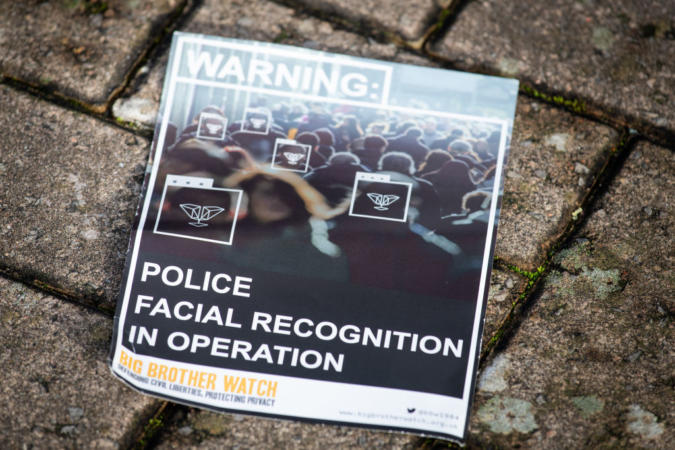
This past Wednesday, Amazon announced in a blog post that they’re placing a one-year ban on police’s use of facial recognition technology. Part of their statement goes as follows: “We’ve advocated that governments should put in place stronger regulations to govern the ethical use of facial recognition technology, and in recent days, Congress appears ready to take on this challenge. We hope this one-year moratorium might give Congress enough time to implement appropriate rules, and we stand ready to help if requested.” This announcement could be in response to the protests and uprisings that have occurred as a result of all the recent police killings and brutality. Although their statement postpones their involvement in endorsing this technology for law enforcement for a year, it doesn’t address what will happen once the ban expires. On the heels of this announcement, many were outraged at the time limit placed on the ban, expressing that it’s not enough to simply forbid the sale of...
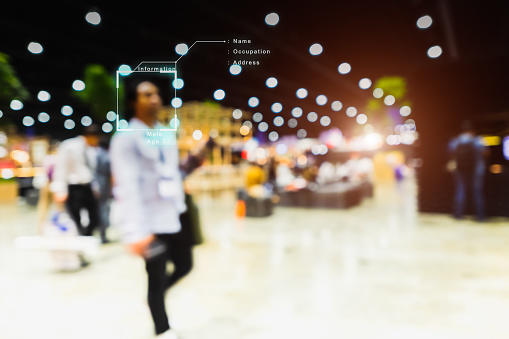
A recent study by the National Institute of Standards of Technology revealed that facial recognition software delivers flawed results when assessing minority populations. The study has sparked yet another debate about the controversial technology, given its frequent use in the apprehension of suspects. The NIST study tested nearly 200 facial recognition algorithms. The results illustrated a higher rate of misidentification and other errors among subjects who identified as people of color. “ With mug shot images, the highest false positives are in American Indians, with elevated rates in African American and Asian populations ,” according to the study. False positives refer to the instances in which the software identified an incorrect match; false negatives refer to situations in which the software failed to recognize a match. The report also showed greater instances of false positives among African American women . The study has given advocacy groups and politicians more ammunition...
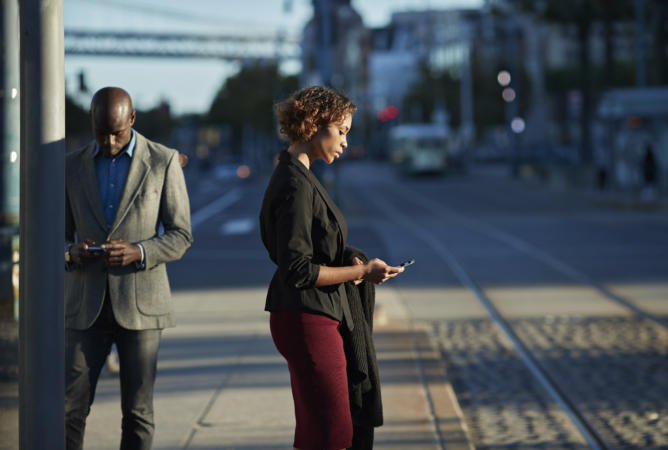
There may be no such thing as privacy, according to a New York Times article by Stuart A. Thompson and Charlie Warzel. In a study on privacy and security, the Times assessed the sheer power of location tracking devices and their encroachment upon a basic right to privacy. The danger in this type of surveillance is that in addition to known sources and apps, monitoring happens with several other unknown apps. The Times Privacy Project revealed the location information of a sample population provided through phone app data. “In the cities that the data file covers, it tracks people from nearly every neighborhood and block, whether they live in mobile homes in Alexandria, Va., or luxury towers in Manhattan,” Thompson and Warzel shared in the Times. Perhaps more shocking than that revelation is the fact that the tracking measures were put in place not by phone companies that provide the apps, but by an unknown entity: the location tracking companies that are bundled with the apps. “Even...
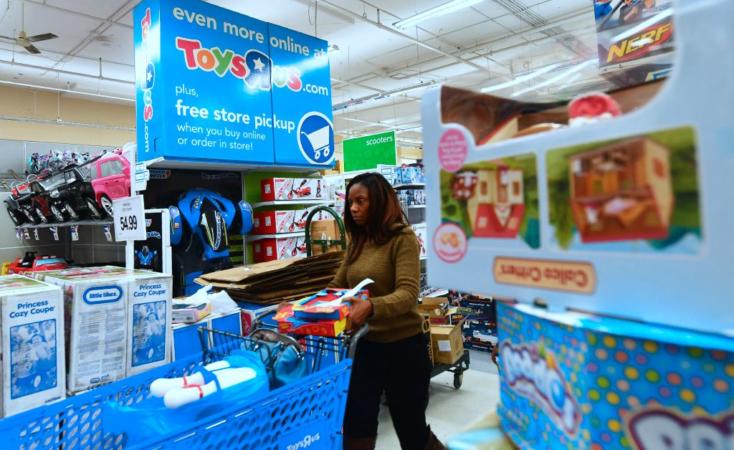
The return of Toys “R” Us has been heralded by many. However, the praise falls short when it comes to the former toy giant’s new video surveillance, which some say, targets children. In its new incarnation, Toys “R” has partnered with tech startup bt8a and analytics expert Retail Next to obtain information about its customers. The system’s ability to track the movement of shoppers to better understand their interests and cater to them is considered problematic, as many Toys “R” Us customers are minors, and there are laws in place to protect their privacy. As noted in a recent WIRED article, “ Collecting information on kids is a highly sensitive issue, and US law carves out various additional protections or restrictions when it comes to minors .” In addition, informed parental consent is generally required. A spokesperson for RetailNext has indicated that personal data of children is not obtained intentionally or retained, and that height parameters help ensure that children are not...
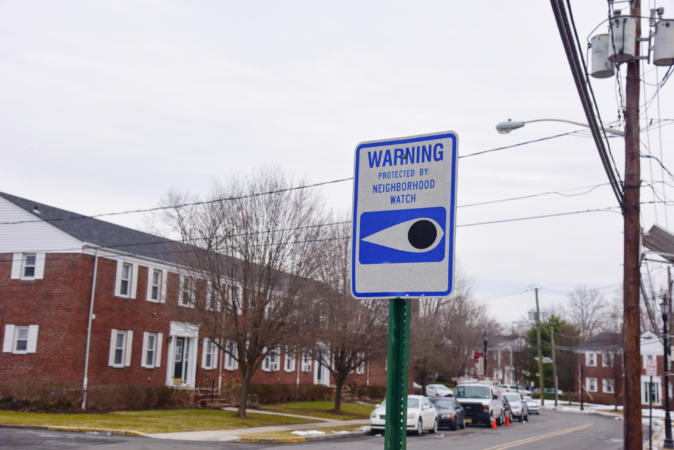
In February 2018, Amazon acquired Ring , a smart doorbell company in a $1 billion deal. Amazon followed that acquisition up only three months later by launching a new app called Neighbors through Ring. Describing itself as the “new neighborhood watch,” Neighbors is designed to allow users to receive real-time crime updates from their neighbors. On the surface, it seems like an innocent project. However, Neighbors is a strong example of how surveillance companies like Ring manufacture paranoia to sell back to you. Neighborhood watch relies on the idea that you never know what’s going to happen, so you need to remain prepared. By flooding phones with crime updates and nothing more, apps like Neighbors can create a feeling of unease that often relies less on facts and more on pre-existing distrust of people of color. As reported by Motherboard , videos posted on Neighbors disproportionately show people of color with descriptions relying on racist language or assumptions. After...
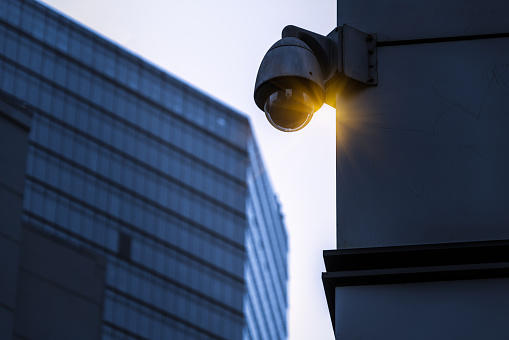
It’s almost impossible to go a day without encountering a single video camera. After all, there are almost 50 million surveillance cameras in the United States alone. However, people usually don’t pay much attention to cameras because the average one isn’t being continuously monitored. Now, a report by the American Civil Liberties Union has found that new technological developments may lead to a system of continuous, mass surveillance. It opens up new questions about not only privacy but the act of turning everyday surveillance into a business. The report — “The Dawn of Robot Surveillance” — focused on the $3.2 billion industry that’s known as “video analytics.” According to the report, these systems allow computers to not only record, but to analyze footage in real time. These machines will be able to watch people for “suspicious” behavior and their deployment is already happening. Real-time face surveillance is currently used in both Chicago and Detroit . Seeing the possible...
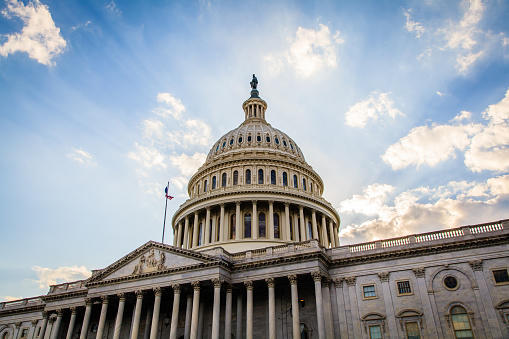
Across the United States, local governments have held discussions about facial recognition. Last week, San Francisco banned government use of the technology , while cities like Oakland, California and Somerville, Massachusetts are exploring doing the same. Each of those cities began looking closely at facial recognition due to the danger it poses to Black and brown communities. San Francisco’s own bill stated, “The propensity for facial recognition technology to endanger civil rights and civil liberties substantially outweighs its purported benefits, and the technology will exacerbate racial injustice and threaten our ability to live free of continuous government monitoring.” It’s important that local communities are starting conversations about facial recognition tech and the harms that come with it, but it also needs to occur at a higher level. After all, the risks that civil rights and privacy advocates highlight around facial recognition includes continuous, mass surveillance...
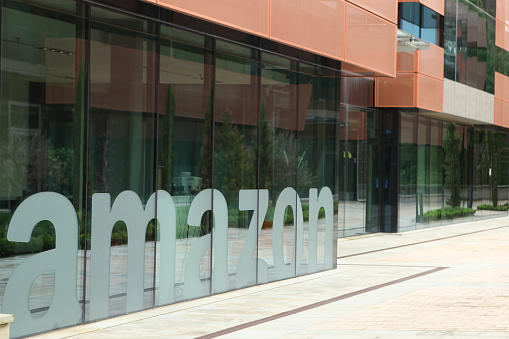
There have been some big moves made lately in the fight against facial recognition technology. Last week, San Francisco banned local government use of the technology completely. Now, the focus has turned to Amazon’s infamous Rekognition program. At the company’s annual meeting on Wednesday , Amazon’s own shareholders will vote on two proposals. One, to stop the sale of Rekognition to the government, and the other to require an independent review of its civil and human rights impacts. In preparation of the vote, a coalition of privacy and civil rights advocates have written an open letter to Amazon’s shareholders. On May 22, the American Civil Liberties Union (ACLU) will present the open letter at Amazon’s meeting by invitation of shareholders. The presentation will mark one year since the ACLU first revealed how far Amazon’s Rekognition program had gone. Now, the letter is open for other groups and individual consumers to sign on. Within it, the groups focused on addressing Amazon’s...
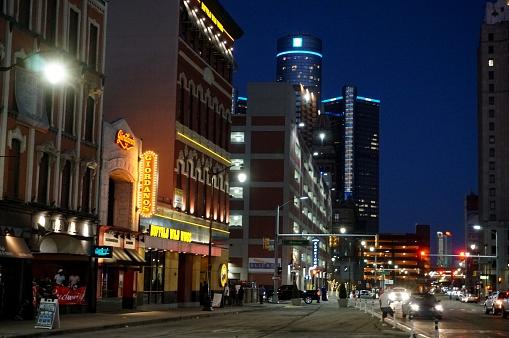
We live in a world that is bursting with cameras. There is some comfort in thinking that even if our activities are recorded, nobody watches the videos until long after we’re away. But, that’s not the case anymore. The application of real-time face surveillance allows for authorities to pick you out from a crowd while you’re still in it. It may sound like a distant dystopia, but a report from Georgetown says that for millions of Americans, it may be an imminent reality. The report hones in on two cities in particular: Detroit and Chicago. Within the report, Senior Associate Clare Garvie and Executive Director Laura M. Moy note that Detroit has a million-dollar system that “affords police the ability to scan live video from cameras located at businesses, health clinics, schools, and apartment buildings.” As conversations around facial recognition and surveillance pick up, it is important to remember that Black people and other communities of color are particularly vulnerable....
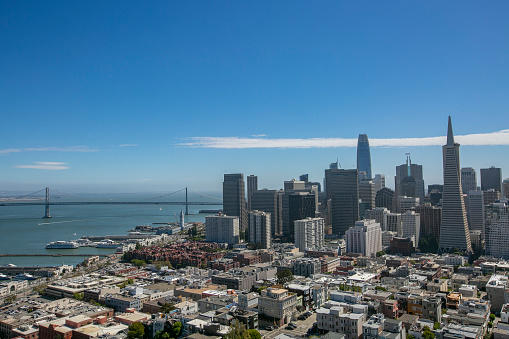
On Tuesday, San Francisco officially made history as the first city in the United States to ban government use of facial recognition technology. In a reported 8-to-1 vote , the city’s Board of Supervisors passed the Stop Secret Surveillance Ordinance. The new law restricts all city departments from using facial recognition technology and requires board approval to purchase any new surveillance devices. The Stop Secret Surveillance Ordinance expressed concerns around facial recognition’s potential to exacerbate pre-existing social issues, such as anti-Blackness and over-policing of vulnerable communities. The proposal itself noted that the “propensity for facial recognition technology to endanger civil rights and civil liberties substantially outweighs its purposed benefits”, going on to specifically cite concerns around continuous government monitoring. The coalition supporting the ordinance — made up of civil rights, racial justice, LGBTQ rights, homeless, and immigrants’ rights...

In September 2017 , the American Civil Liberties Union (ACLU) and Electronic Frontier Foundation sued the federal government for searching phones and laptops at airports or other U.S. ports of entry without a warrant or cause for suspicion. To prepare for trial, the ACLU and EFF received documents and deposition testimonies from U.S. Customs and Border Protection (CBP) and U.S. Immigration and Customs Enforcement (ICE). As it turns out, CBP and ICE not only authorized border officials to search phones and laptops, but they could also “consider requests from other government agencies when deciding whether to conduct such warrantless searches.” Now, the ACLU and EFF are asking a federal court to rule without tria l that the Department of Homeland Security violates First and Fourth Amendment rights with its warrantless search processes. Esha Bhandari, staff attorney with the ACLU’s Speech, Privacy, and Technology project, said: “This new evidence reveals that government agencies are...
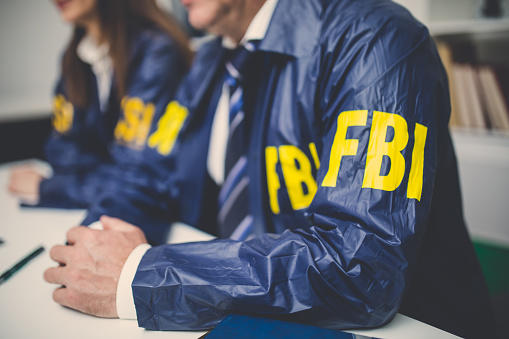
The ACLU and the Center for Media Justice are suing the FBI for records related to a controversial 2017 report that cited a rise in Black extremism following police-involved shooting deaths of African Americans. The report, titled “Black Identity Extremists Likely Motivated To Target Law Enforcement Officers” claims that law enforcement officials were being targeted as protests against police violence erupted around the country. In 2014, the ACLU submitted a public records request asking for all documentation since 2014 that used the phrases “black nationalist,” ”black identity extremist,” and “black separatist,” according to the Associated Press. The lawsuit is happening because the FBI is withholding these documents and in some cases, refusing to search entire categories, according to the ACLU. “The FBI’s baseless claims about the fictitious group of ‘Black Identity Extremists’ throws open the door to racial profiling of Black people and Black-led organizations who are using their...

On Wednesday, the American Civil Liberties Union (ACLU) released documents showing that Immigration and Customs Enforcement (ICE) has access to a huge license-plate database that it uses to track and target immigrants. The ACLU of Northern California obtained the documents through a Freedom of Information Act lawsuit that revealed ICE’s use of a automated license plate reader (ALPR) database operated by a company called Vigilant Solutions . ALPR systems not only pass on license plate information, but they include time, date, and location from thousands of cameras. The ACLU previously outlined how ALPRs record Americans’ movements and called them an emerging form of mass surveillance. More than 9,200 ICE employees can use the database, which collects upwards of a hundred million license plates each month. According to the ACLU, ICE itself has over 5 billion data points collected by private businesses — such as insurance companies and parking lots. But, ICE can gain access to 1.5...